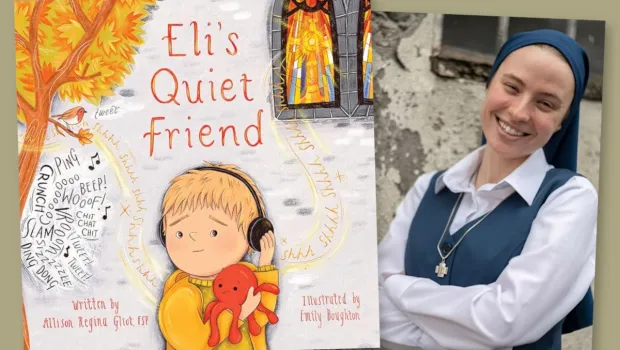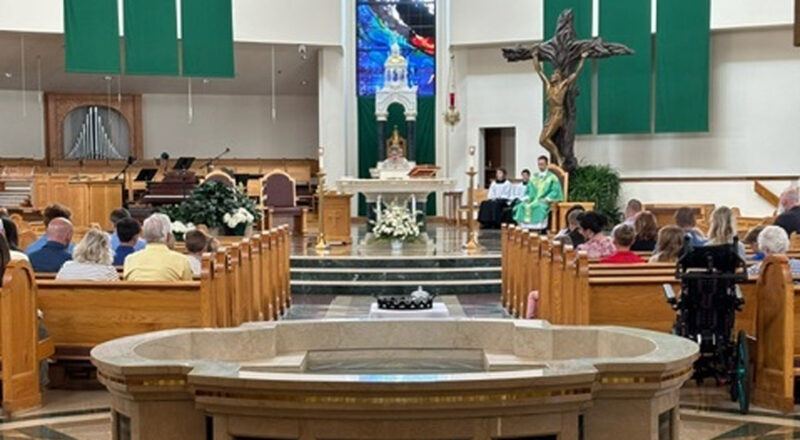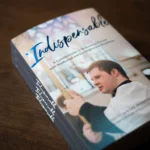The Holy Spirit is one, but different people hear his voice differently. In this video I try to answer how we autistics tend to hear him differently. My script is below the video.
This is a good question and I think a lot of this is subtle.
Let’s begin first by thinking about how Jesus does not just incarnate once in Galilee, but is inculturated in each country Christianity is brought to. We know he likely looked Middle Eastern, but it is good that in Africa we have images of him with black skin and my Sacred Heart Images from Ireland show him looking a lot like I do.
We also see this in language. If I go to Mass in Spanish, the priest might quote Jesus saying, “Yo soy el camino, y la verdad, y la vida.” Did Jesus say those exact words? Probably not, but he probably didn’t say “I am the way, the truth and the life,” [John 14:6] either. Both of those are translations of the same words he likely said in Aramaic. We properly inculturate what he says.
When my friend from Mexico prays, he hears Jesus’ voice in Spanish, but I hear it in English. Jesus adapts himself to each person.
In adapting himself to each person, Jesus also adapts himself to our neurology. Words mean the same to me and other English speakers, but non-verbal communication is very different. People often think that autistics are just bad at reading all non-verbal communication but interestingly we are significantly better at reading other autistic people’s non-verbal communication than non-autistic people are. So, if I speak to God in autistic way, it would seem that the best way for him to communicate back would also be in an autistic way.
It’s hard to explain exactly what it means that God and I speak to each other in an autistic way. I think it’s best to think of it by analogy to human communication how we can communicate in different degrees to different people. I can communicate information or a vague emotion to a large audience in a speech but if I call up my mom, I can communicate so much more in fewer words. Likewise, talking to an autistic audience I can communicate far more naturally as I don’t need to consciously think of neurotypical conventions of speech. Research says I probably communicate more to that autistic audience too as our styles of giving and receiving communication line up.
Likewise, when talking to God, we can communicate in an autistic manner. I don’t need to filter him through my conscience neurotypical filter to guess what he means. Often, I sense him in a way that is not directly verbal but is a kind of presence that comforts me or helps direct me on the right path. And when I hear his voice or he presents me some kind of image, it’s clear and direct like autistic communication tends to be. God comes to me as I am.
If you want to explore more see my YouTube channel. If you want my book, here’s where to buy it.










